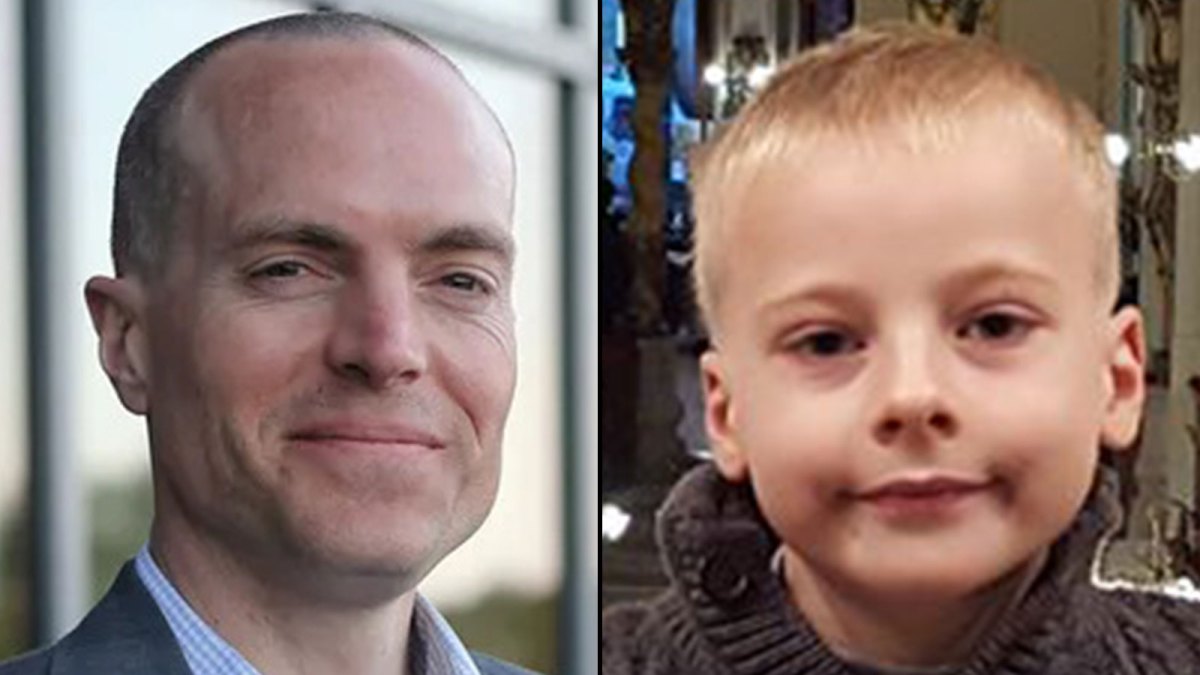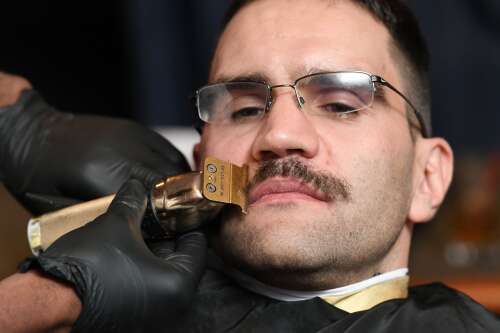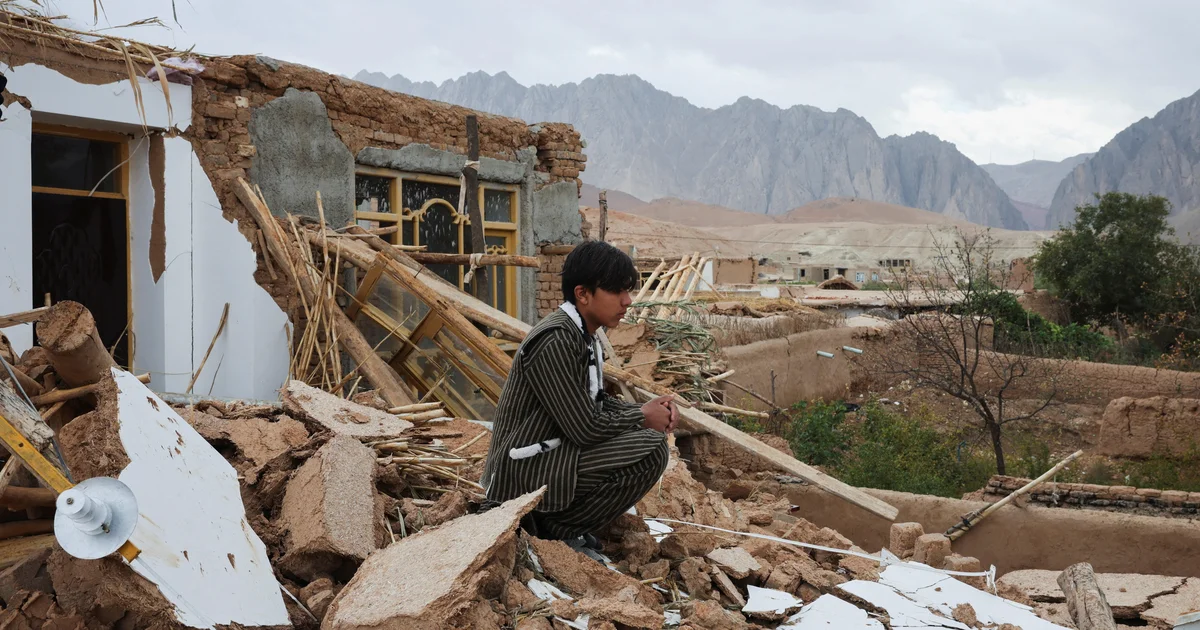Copyright thetimes

How to identify Asian hornets in the UK — and report sightings The father and son were conscious when they arrived at the clinic and showed no symptoms of anaphylactic shock, the allergic reactions that can kill people who have been stung by bees, wasps and hornets. They were transferred after less than an hour to the Luang Prabang provincial hospital, where they died a few hours later. Asian giant hornets (Vespa mandarinia) are the world’s largest and are distinct from Asian hornets (Vespa velutina), a species which has spread to Europe and the UK. In Spain last month three people died from allergic reactions to hornet stings in the Galicia region, including one man who accidentally stepped on a nest. Ian Campbell, a spokesman at the British Beekeepers Association, said the danger varies from individual to individual. “Hornets, like wasps can sting multiple times,” he said. “There is no threshold that has been set for the number of stings. A lot of it is down to the individual response — people do get injured, people do get hospitalised and, on occasion, people die. So there is a public health risk from this. “The severity of an attack can [be worse] if a nest is disturbed. They will defend it vigorously and in force.” In Laos, minor stings are common but, according to Phakan, fatalities are rare. “I have never seen a death and I have been working more than 20 years,” he said. Laos is an increasingly popular destination both for families and for young backpackers on the “banana pancake trail”, from Thailand, through Laos and on to Vietnam and Cambodia. Tourism in Laos has been strong this year, with more than three million arrivals so far this year. Luang Prabang was voted as the No 1 place to visit in Asia in 2025 by Lonely Planet. Last November six young people, including Simone White, a 28-year-old lawyer from Orpington in Kent, died in the riverside town of Vang Vieng, northern Laos, after drinking alcohol contaminated with poisonous methanol. Calum Macdonald, 23, another British holidaymaker, lost his sight after consuming the alcohol but survived. Owen, from Idaho, died three days after his 47th birthday. He was the director of QSI International School in Haiphong in northern Vietnam and had spent his career teaching in other international schools around the world. “We are deeply saddened by the sudden passing of Dan Owen … and his son Cooper,” QSI said in a statement. “Dan dedicated 18 years to QSI, serving in five different schools and touching countless lives with his warmth, leadership and unwavering commitment to education. He was deeply loved across our community and will be profoundly missed.” John Gaines, a close friend of Owen and fellow teacher, said: “He was a few years older than me and it was right away like I had a big brother. Everyone looked up to him, partially because he was so damn tall, especially his students. “His students would banter with him in the hallways [in] a way that you could tell they trusted him because he was consistent and fair with them.” A spokesperson for the park said: “Green Jungle Park extends its deepest condolences to the family and friends of Daniel and Cooper Owen. Following this incident, we have reviewed all existing procedures. This event is unprecedented in our experience and, to our understanding, in Luang Prabang as well. It was an unforeseeable and extraordinary natural occurrence.” The business charges 450,000 kip (£16) per person for a ziplining session. Its website promises “14 stations and 1,300 meters of Zip Line down to the Valley. [You can] fly between the trees, cross the Green Jungle Canopy, enjoy or challenge your friends with 180 metres of Twin Line and fly above the Green Garden Flower on 290 metres before [you] abseil down of the tree and then back to the coffee shop.”



